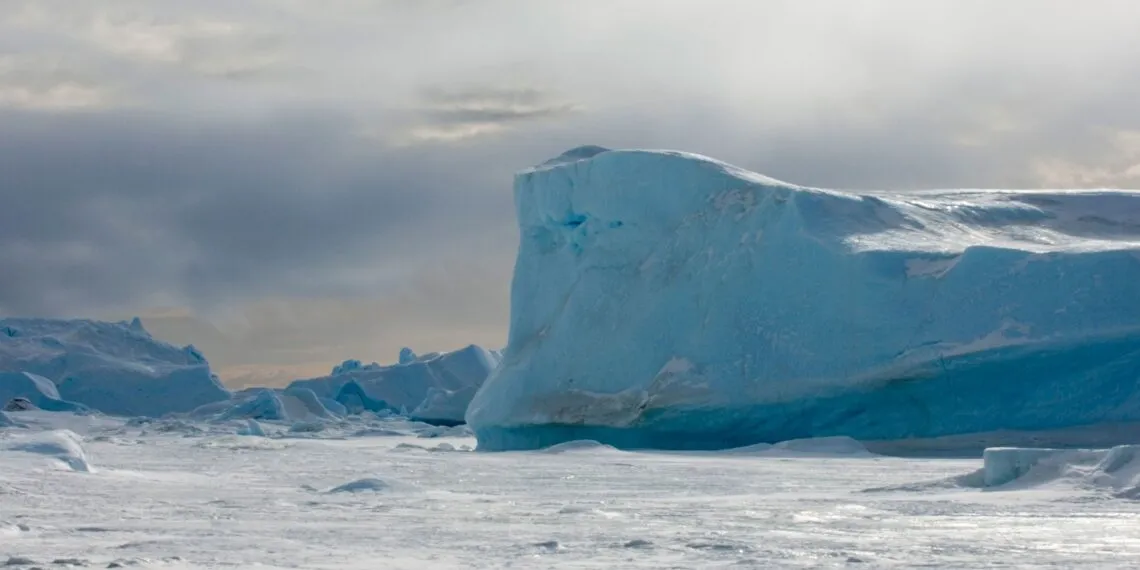Table of Contents
The phenomenon called “Gell-Mann Amnesia” refers to the experience of renowned physicist Murray Gell-Mann. Gell-Mann recalled reading an article on a physics topic in a mainstream newspaper that, as a physicist, he knew instantly was embarrassingly wrong. Then he turned the page, read an article on a topic he knew little about and just assumed it was accurate.
Then it dawned on him: hang on, if I know the media are so badly wrong on one topic, why do I trust them about anything else?
It’s something we all do, all the time, even those of us who know, tacitly, that the media are frauds and liars. But it’s one thing to assume the media are inveterate liars, quite another to confront it personally.
For instance, I disembarked from a Bass Strait ferry crossing, to a flurry of messages asking if I was OK, they’d seen on the news that heavy seas had wrought havoc. I hadn’t noticed a damn thing, except for a few glasses dropping to the floor in the bar.
Another time, a friend of mine who works in zoos was flabbergasted by a media report of the chaos unleashed when a wild animal escaped at a particular zoo. He tried ringing the paper for a correction: after all, he was there. Almost nothing the paper described had happened. They told him to get lost.
Remember these, and the times when you’ve known the media were lying through their teeth, the next time they try and convince of climate-induced havoc anywhere in the world.
A fellow phoned me yesterday, he had just returned home from a holiday in Greece. He has holidayed there off and on for the last 20 years. It had never been so cold, he told me.
There were one or two days when it was hot, he said. But swimming in the Aegean, it was colder than he ever remembered it.
Then he returned to Australia and was incredulous to see on the television reports of tourists fleeing Greece as it reportedly burnt-up and boiled-over. The news reports, he lamented to me, bore no relationship to what he had just experienced – on holidays in Greece.
Ah, but that’s just an anecdote, you might say. Which is true, but we also have undeniable evidence that the media are lying about ‘unprecedented temperatures’, this time in the Antarctic.
There have also been so many stories of late about all the ice beginning to melt in Antarctica. I am not sure how to reliably check temperatures in Greece or for the entire UK, but the Australian Bureau of Meteorology has measured surface air temperatures at the Mawson weather station in Antarctica since early 1954.
Temperatures down there oscillate within a relatively narrow band, showing no statistically significant long-term warming trend. This is the case whether considering the actual historical measurements, or the temperatures subsequently adjusted by the Bureau before incorporation into other databases. It is also the case if we just consider the June maximum temperature since records began until last month – at Mawson.
Long-record (ie since the 1950s) datasets from other stations show a similar lack of warming or cooling trends, no matter how they’re measured.
In order to properly assess the equivalence of measurements from the electronic probes versus mercury and alcohol thermometers for Mawson, ideally there would need to be some assessment of values measured at the same time in the same shelter – known as the parallel data. This data is not publicly available.
The available data is all very boring, showing that it continues to be very cold – in Antarctica.
But that’s not what the media or the chattering Climate Cultists would have you believe.
No matter what the actual evidence.
Last month Antarctica was reported as ‘hot’ in some popular publications including Vox.com. Yet the average maximum temperature was minus 12.6 degrees Celsius, which is not quite as cold as the long-term June average for all years since 1954 that is minus 13.5 C. When the June maximum temperatures for Mawson are ranked highest to lowest, June 2023 comes in as the 29th hottest, and 42nd coldest.
So, where are the media getting their bollocks stories from?
Some of these claims about it being so hot everywhere have their origin with University of Maine’s Climate Reanalyzer, a tool that uses satellite data and computer simulations. So, they represent a remodelled average.
Or, to put it more bluntly, data that’s been massaged till the tree rings squeak.
I can think of a large number of ways that the University of Maine’s Climate Reanalyzer could possibly generate a higher-than-average temperature for Antarctica and especially the Earth. Indeed, the larger the geographic area covered, the more opportunity for creative accounting, for which corporates using similar techniques would go to jail, while climate scientists are more usually promoted.
The solution is to perhaps give up on believing the nonsense news headlines, especially when there is no reference to a specific weather station, like Mawson […]
The only problem is, the tabloids and the fashionable, might then have nothing to talk about.
Jennifer Marohasy
Then who knows what will happen? As Douglas Adams’ character Ford Prefect hypothesised, if they stopped chattering incessantly, their brains might start working.
Then they’d really be in trouble.









